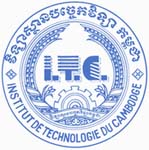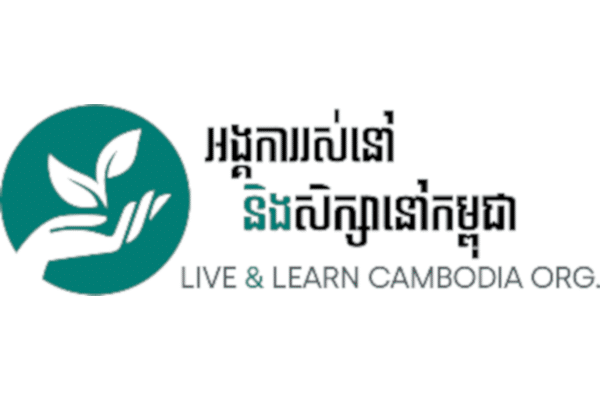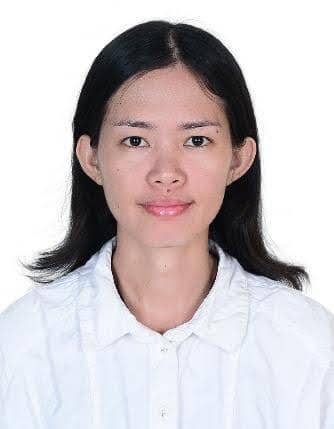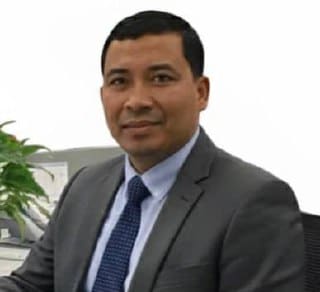Enhancing Thermal Comfort and Energy Efficiency in Phnom Penh’s Urban areas
In a context of rising temperatures and rapid urbanization, many homes in Phnom Penh suffer from poor thermal comfort and high energy consumption. The CHILL project offers accessible and low-tech retrofit solutions to improve living conditions in urban areas while reducing greenhouse gas emissions.
Living with heat: urban growth and energy stress in Cambodia
Context and challenges
In Cambodia’s hot climate, climate change and unplanned urban growth have increased residents’ exposure to extreme heat, especially in energy-inefficient housing. This has led to energy poverty, higher household energy costs, and worsened health issues related to heat stress. The overreliance on air conditioning as a primary cooling solution significantly raises energy consumption, straining household budgets and contributing to increased greenhouse gas emissions.
This issue stems from a lack of technical and financial resources, outdated building practices, limited awareness of energy-efficient solutions, and insufficient engagement from policymakers. Currently, low-cost, low-tech solutions to mitigate heat in buildings are underdeveloped and underutilized. In Cambodia, 45% of the electricity consumed is used for cooling, with 80% of that directed towards space cooling in buildings. Improving thermal comfort in urban housing, reducing high energy consumption, and addressing the lack of affordable energy-efficient retrofitting options in Phnom Penh is crucial.
The project aims to enhance living conditions and climate resilience for urban populations in Phnom Penh by implementing cost-effective, energy-efficient retrofitting solutions and practices for cooling.

Reducing heat, cutting costs: energy-efficient retrofits for resilient housing
Objectives and solutions
CHILL addresses the combined challenge of heat stress and high energy use in Phnom Penh’s urban housing by improving thermal comfort, reducing electricity consumption, and cutting greenhouse gas emissions through affordable energy-efficient retrofits and passive cooling strategies.
The project expects to achieve the following outcomes:
- 20% reduction in energy consumption for target households ;
- Improve thermal comfort, with a reduction of at least 5°C in indoor temperatures during warm periods ;
- Development of quick guidance products for passive cooling solutions.

Beneficiaries
CHILL directly benefits:
- 100 low- and middle-income households (around 480 people);
- 15 small and medium-sized enterprises (30 employees);
- 2 microfinance institutions;
- 50 government stakeholders;
In addition, around 15,000 people will be reached through awareness and behavior change campaigns.
Partners: working together
Technical partners
- Institut of Technology of Cambodia (ITC)
- Live and Learn Cambodia
Financial partner
WOULD YOU LIKE TO TAKE ACTION AND SUPPORT WHAT WE DO? ?
Tell us who you are and find your means of action.
CITIZENS
Because Climate Solidarity is a challenge we face collectively, Geres gives you the possibility to make a difference.
PRIVATE SECTOR
As a business executive, an employee or a customer, you have the power to take action in your everyday life.
LOCAL AND INSTITUTIONAL ACTORS
Support our actions in France and internationally and become an agent of change at our side.
FOUNDATIONS
By supporting Geres, you contribute to the implementation of innovative and concrete actions.




